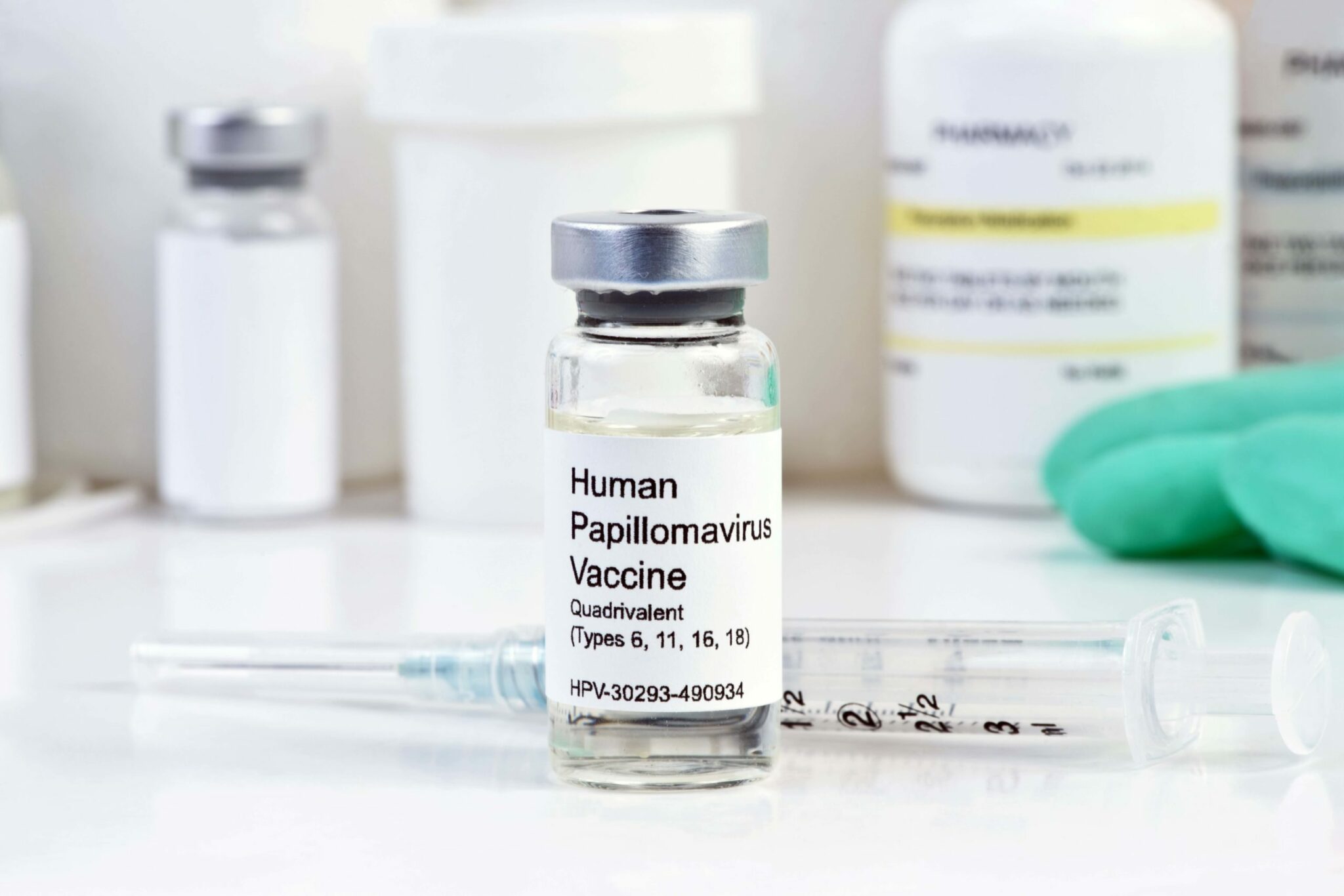Can Cervical Cancer be Prevented?

- Cervical cancer is one of the leading cancers amongst women.
- Cervical cancer is commonly caused by HPV, a viral infection.
- Vaccines to protect women from strains of HPV can provide 90% protection against cervical cancer.
- The vaccine is given to girls aged around 12 or 13 years old.
The premise of a vaccine that prevents cancer sounds almost too good to be true. However, with over 99% of cervical cancers caused by the Human Papillomavirus (HPV) and vaccines already being used to prevent HPV infection, this is not at all farfetched.
Cervical cancer is a major health concern worldwide. Across Eastern Africa and South-Central Asia, it is the most prevalent female cancer. Furthermore, in low income countries, it is a leading cause of death.
HPV vaccines
Current vaccines protect against infection with HPV strains known to be particularly pathogenic, for example, HPV16 and HPV18, which are responsible for 70% of cervical cancer cases. In fact, the HPV vaccine most frequently used today protects against additional strains too, offering approximately 90% protection against cervical cancer.
So how does the vaccine work?
It contains viral proteins from the same pathogenic strains, which, in the form they are made, do not infect the individual, but will stimulate the immune system to produce antibodies against those viral strains, and protect against future HPV infection.
The HPV vaccine is usually given to school girls at 12 or 13 years of age. It is much more effective if given to individuals as they approach reproductive age, which is when they would normally be exposed to the virus. The vaccine is given as a set of two or three injections across a three to six-month timespan. There is recent interest in also vaccinating males to reduce the spread of HPV infection.
Not just cervical cancer
The full impact of this vaccine is yet to be established, but with it now included in the national immunisation schedules of many countries, the rates of cervical cancer should continue to fall. Furthermore, as HPV is also implicated in cancers of the vulva, the vagina, and the mouth, the rates of these cancers should also decline.
Nabta is reshaping women’s healthcare. We support women with their personal health journeys, from everyday wellbeing to the uniquely female experiences of fertility, pregnancy, and menopause. You can track your menstrual cycle and get personalised support by using the Nabta app.
Get in touch if you have any questions about this article or any aspect of women’s health. We’re here for you.
Sources:
- Arbyn, M, et al. “Prophylactic Vaccination against Human Papillomaviruses to Prevent Cervical Cancer and Its Precursors.” Cochrane Database of Systematic Reviews, no. 5, 2018, doi:10.1002/14651858.CD009069.pub3.
- NHS, www.nhs.uk/news/cancer/hpv-vaccine-safe-and-effective-says-review/.










